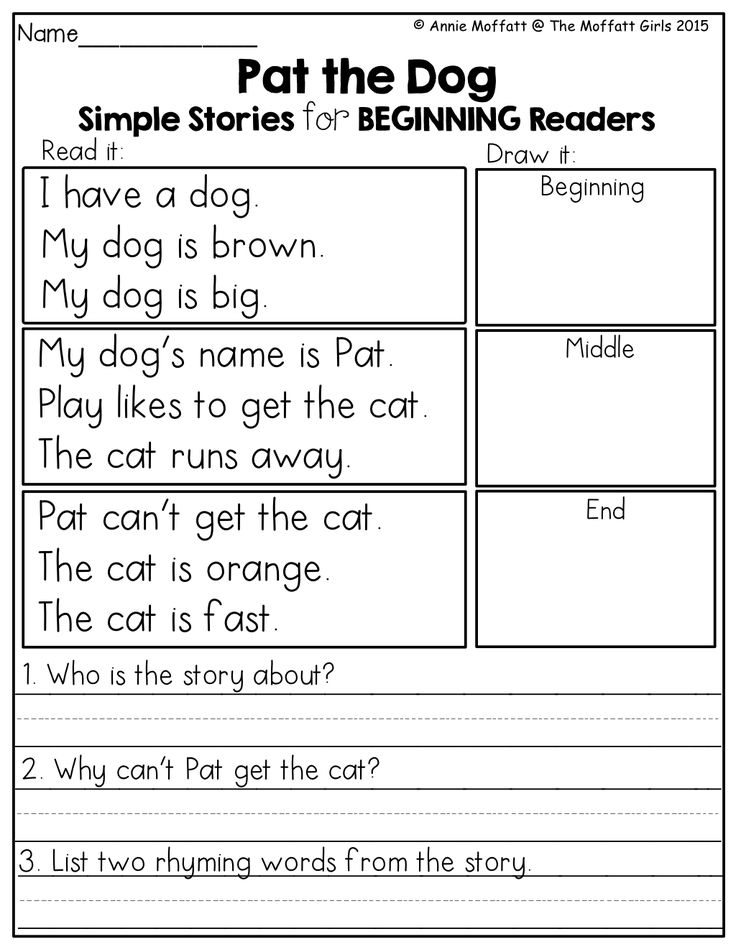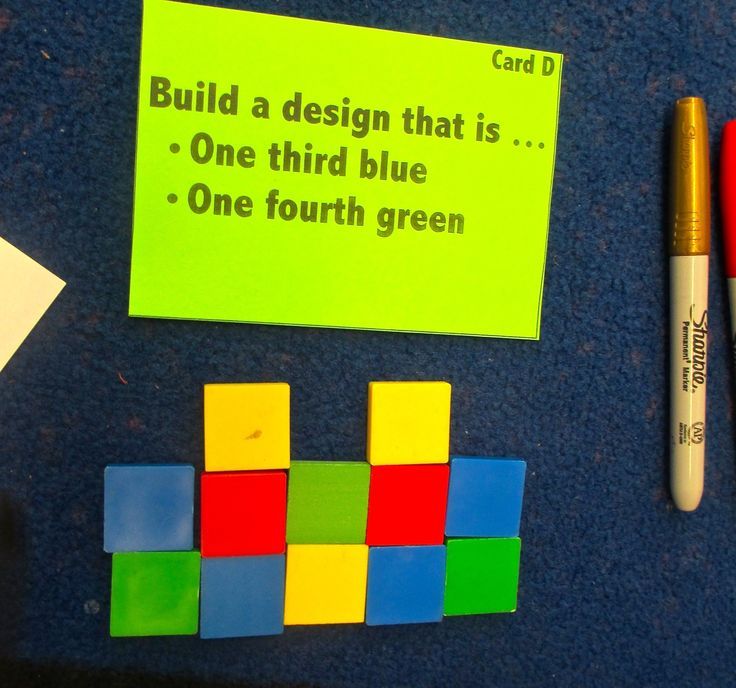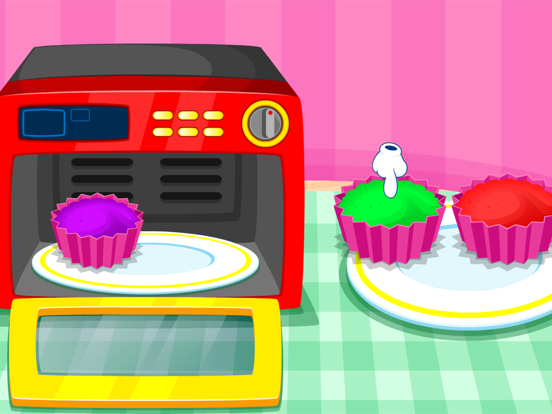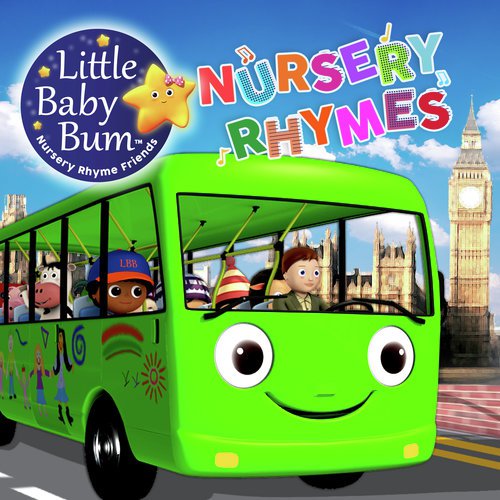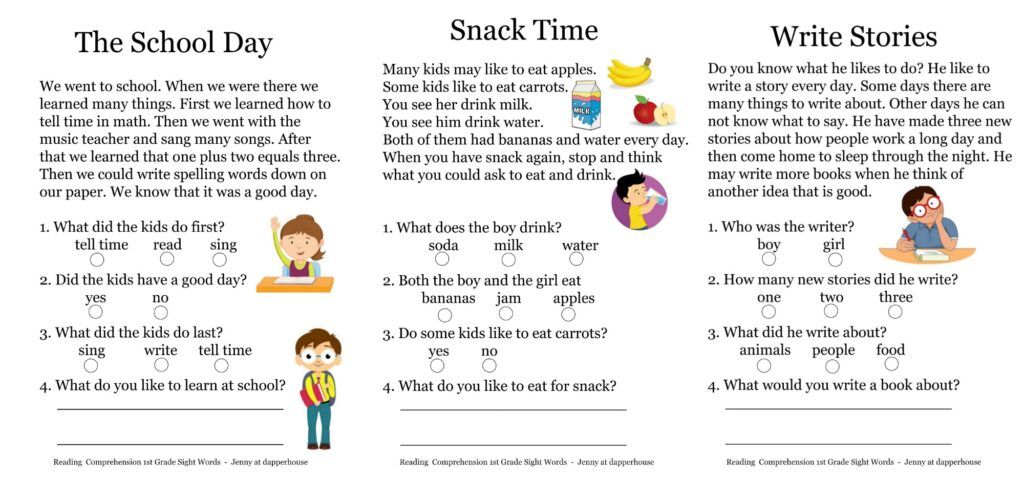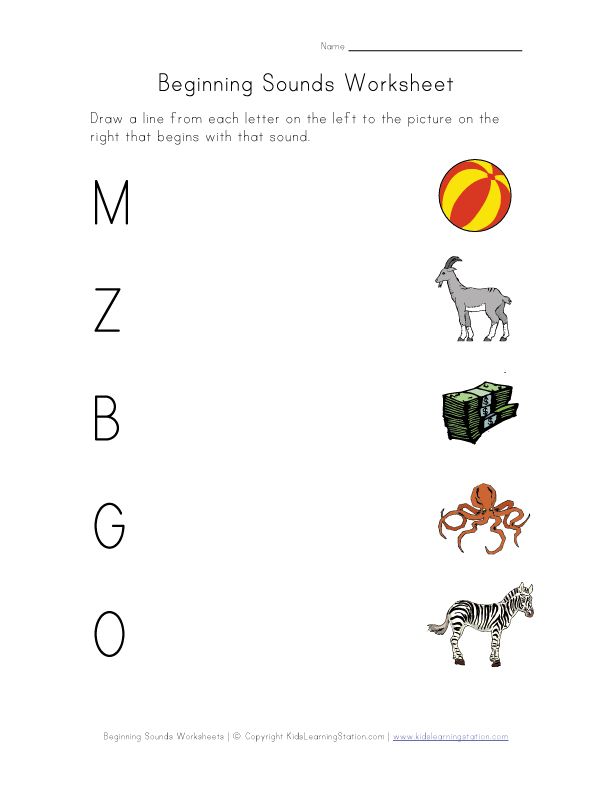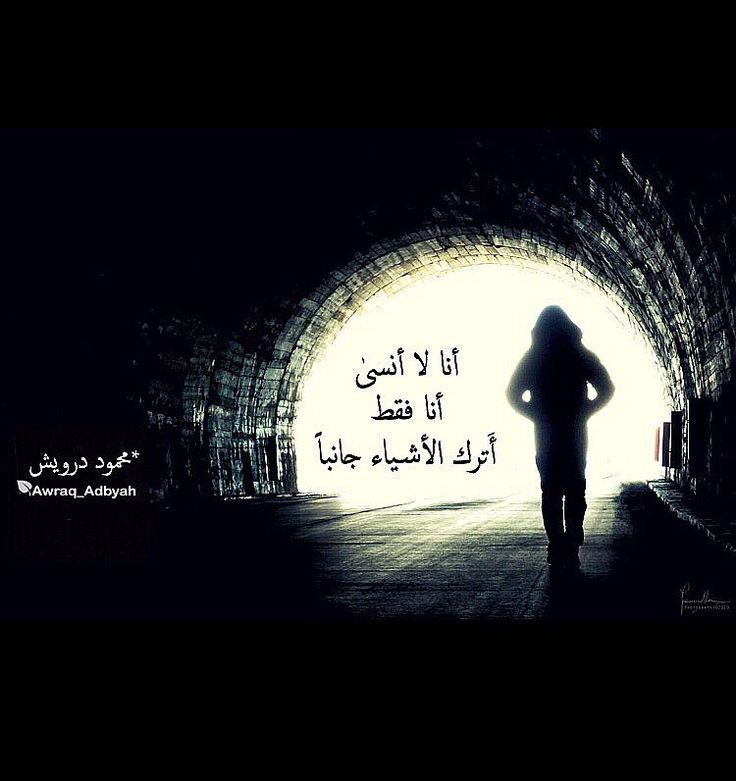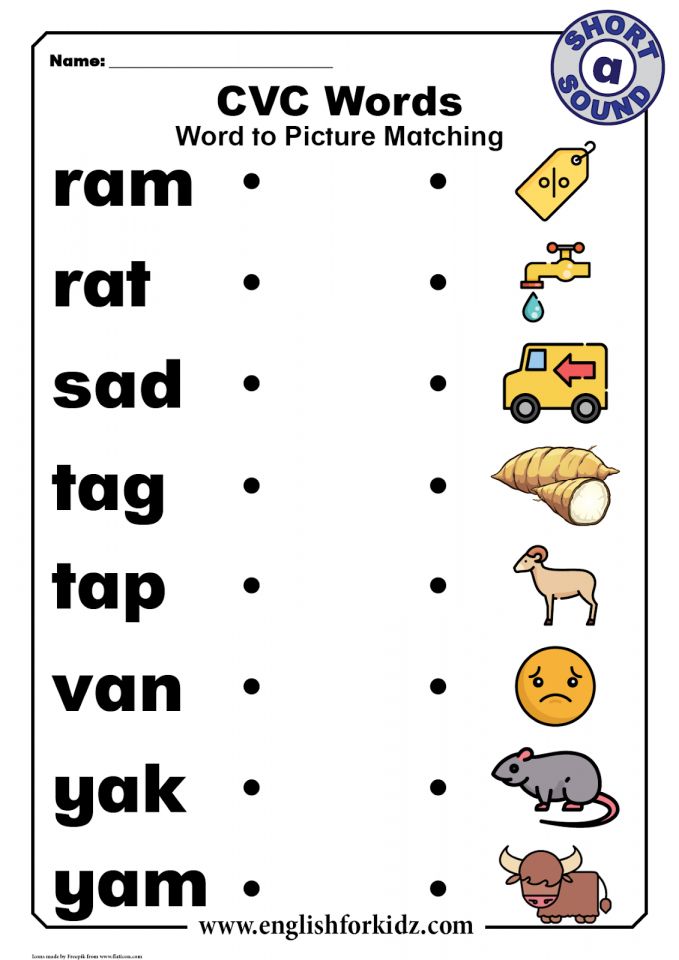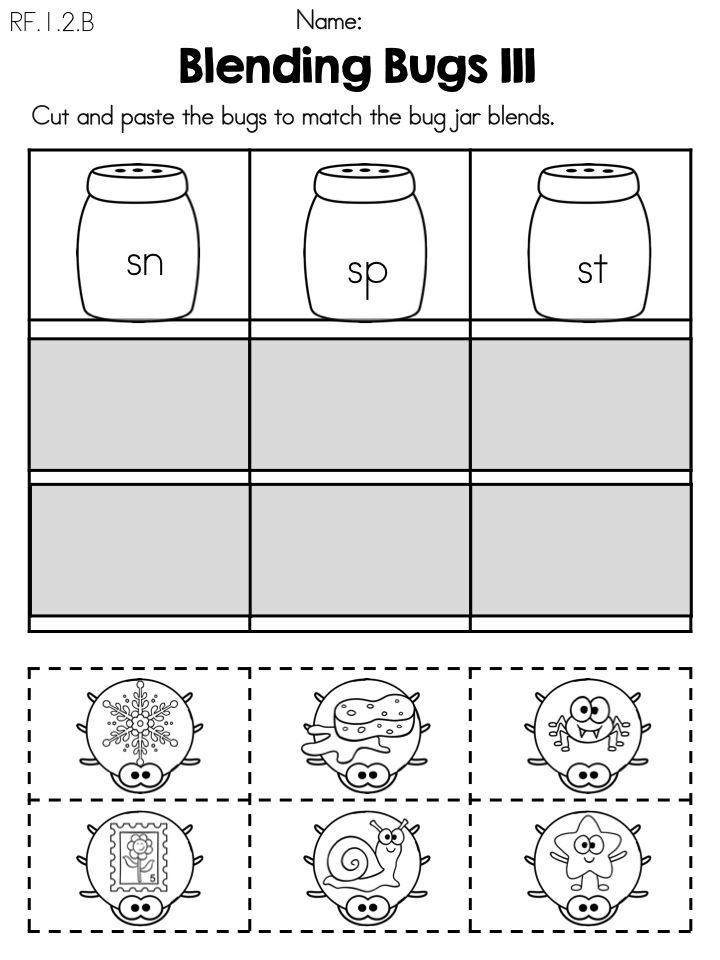Beginning reading practices
How to Read with a Beginning Reader
By: Joanne Meier
Most beginning readers are inconsistent. Learn more about the characteristics of a beginning reader and simple techniques and tips to nurture your child's skills and joy in reading.
Sometimes parents of beginning readers wonder if their child is on track with reading. They don't understand why their child can't read a word today they were able to read yesterday. They think their child reads too slowly. They grumble that their child only wants to read the same book over and over again.
Most beginning readers are inconsistent. They may know a word one day but not the next. They may read a particular word correctly on one page, but they have to stop and sound it out again on the next page. When you listen to a beginning reader, you hear short, choppy words with little attention to punctuation. Sometimes a new reader can tell you very little about what they just read.
At the beginning stage of reading, all of these reading behaviors are to be expected. Beginning readers are building their fluency. This means they're working to make several skills, like matching a letter to a sound and decoding, more smooth, accurate and automatic. Without fluency, each word must be decoded, and that takes time and energy. This means that other reading behaviors like reading with expression and comprehension have less of a focus.
When reading with a beginning reader, it's important to do the following:
- Give them time to read. Reading is a skill, and like many other skills, it takes time to develop. A beginning reader should spend at least 20 minutes a day reading to or with someone. The books read during this time should be relatively easy for your child.
- Let them reread the same books. Rereading the same words over and over again helps build fluency. Over time, you'll notice that your child will stop less often to decode words.
- Encourage attention to the print. If your child is stuck on a word, help him look at the first letter(s) and encourage him to sound it out.
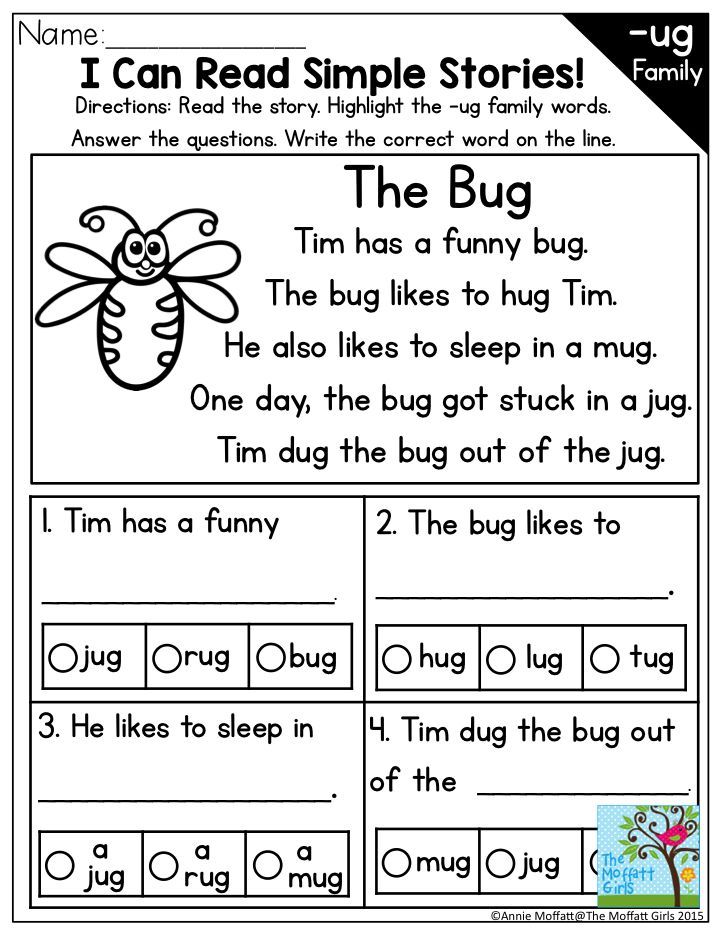 If it's a difficult word, or one that can't be sounded out, simply supply the word and continue reading.
If it's a difficult word, or one that can't be sounded out, simply supply the word and continue reading. - Take turns reading. By listening to your fluent reading, your child will hear what good readers sound like. After you've read a short passage, ask your child to reread the same passage. This provides a chance for her to practice reading with expression.
- Have realistic expectations. For example, students should be reading approximately 60 words per minute correctly by the end of first grade, and 90-100 words per minute correctly by the end of second grade. Your child's teacher can help you learn your child's reading rate.
It's important to nurture your beginning reader in a way that helps make reading a daily habit and a lifelong love. By being aware of what's normal for a beginning reader, and by knowing how to help them progress, you're sure to instill those qualities in your reader.
Joanne Meier (2009)
Reprints
You are welcome to print copies or republish materials for non-commercial use as long as credit is given to Reading Rockets and the author(s).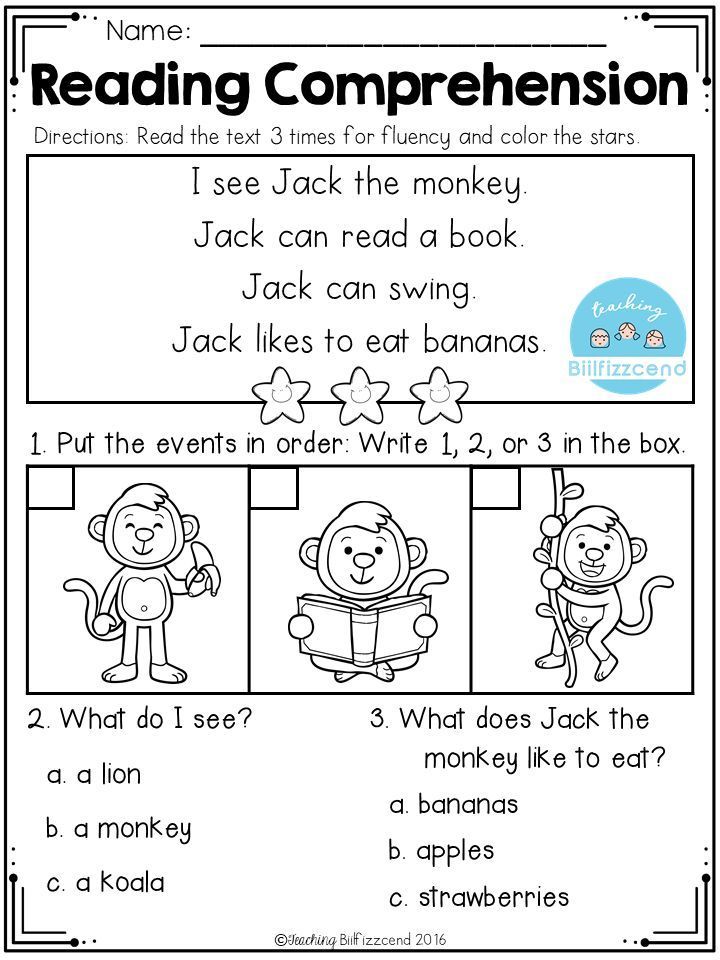 For commercial use, please contact [email protected]
For commercial use, please contact [email protected]
Related Topics
Children’s Books
Reading Aloud
New and Popular
100 Children’s Authors and Illustrators Everyone Should Know
A New Model for Teaching High-Frequency Words
7 Great Ways to Encourage Your Child's Writing
All Kinds of Readers: A Guide to Creating Inclusive Literacy Celebrations for Kids with Learning and Attention Issues
Screening, Diagnosing, and Progress Monitoring for Fluency: The Details
Phonemic Activities for the Preschool or Elementary Classroom
Our Literacy Blogs
Teaching Students to Use Context
Kids and educational media
Meet Ali Kamanda and Jorge Redmond, authors of Black Boy, Black Boy: Celebrating the Power of You
Get Widget |
Subscribe
Beginning Readers: Look! I Can Read This!
By: Reading Rockets
As a parent of a beginning reader, it's important to support your child's reading efforts in a positive way and help them along the reading path.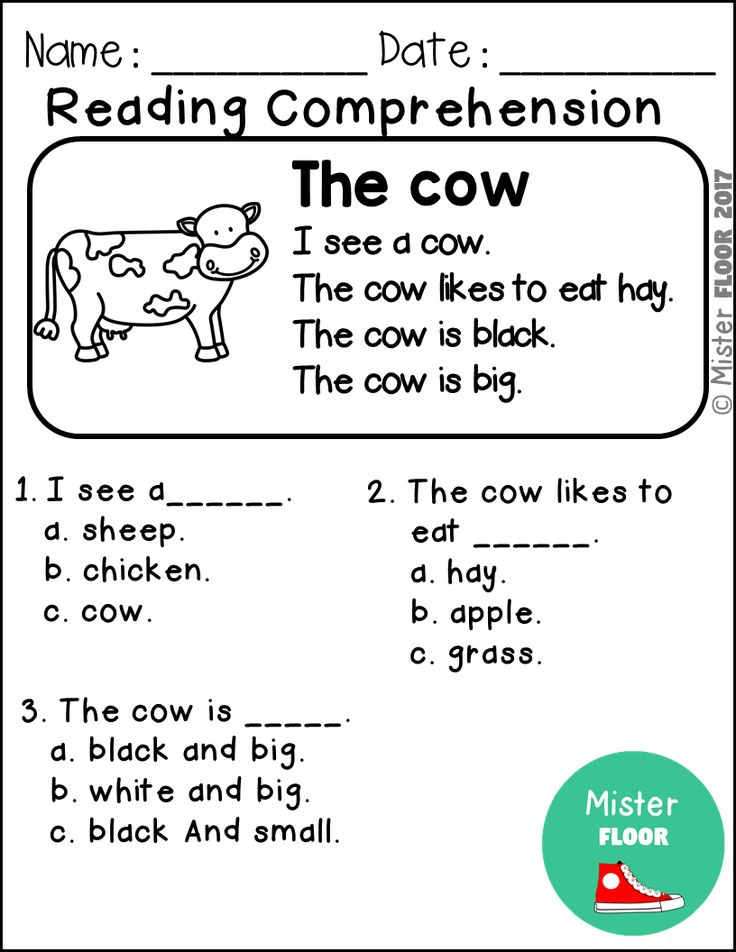 Here's a little information about beginning readers, and a few pointers to keep in mind.
Here's a little information about beginning readers, and a few pointers to keep in mind.
It can be so exciting when a child begins to read! Beginning readers are starting to put it all together, and are often eager to do it by themselves. As a parent, it's important to support their efforts in a positive way and help them along the reading path. Here's a little information about beginning readers, and a few pointers to keep in mind.
A beginning reader:
- can name the letters in the alphabet and can tell you many of the letter sounds
- understands the concept of a "word"
- is beginning to recognize a few words within text or from a list
- is beginning to represent the first and maybe last sound of a word when trying to spell
When reading with a beginning reader:
- Model finger-point reading. That means to follow the words with your finger from left to right as you read them. Your beginning reader will do the same thing for awhile.
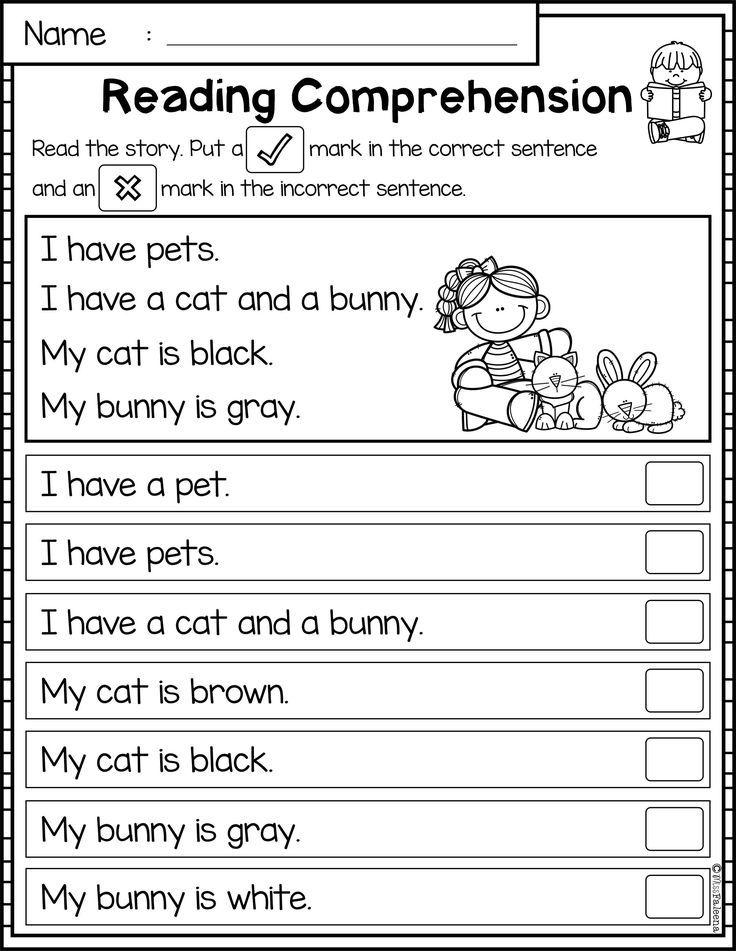
- Practice patience! Beginning readers may read slowly. Give your child time to decode the words, and avoid jumping in too quickly.
- Encourage attention to letters and sounds. If your child is stuck on a word, prompt them to look at the first letter of the word and make the letter's sound. Of course, only do this for words that can be sounded out! If the word can't be sounded out, just supply the word for them.
- Talk about the story. When your child is finished with a book, be sure to talk about what happened in the story, and maybe re-read favorite parts.
- Let them know how proud you are! By sharing a book with a child, you're sharing the joys and excitement of reading.
Reading Rockets (2007)
Reprints
You are welcome to print copies or republish materials for non-commercial use as long as credit is given to Reading Rockets and the author(s). For commercial use, please contact [email protected]
Related Topics
About Reading
Early Literacy Development
Phonics and Decoding
Print Awareness
Reading Aloud
New and Popular
100 Children’s Authors and Illustrators Everyone Should Know
A New Model for Teaching High-Frequency Words
7 Great Ways to Encourage Your Child's Writing
All Kinds of Readers: A Guide to Creating Inclusive Literacy Celebrations for Kids with Learning and Attention Issues
Screening, Diagnosing, and Progress Monitoring for Fluency: The Details
Phonemic Activities for the Preschool or Elementary Classroom
Our Literacy Blogs
Teaching Students to Use Context
Kids and educational media
Meet Ali Kamanda and Jorge Redmond, authors of Black Boy, Black Boy: Celebrating the Power of You
Get Widget |
Subscribe
Reading for practice, online course
Reviews and impressions of participants
Vadim Semiletov
I read your first letter today, I was pleasantly surprised by such a personal approach, these days information gypsies are an amazing rarity - chat bots and auto funnels are everywhere)))
So thank you for that!
Yuri Smirnov
information specialist, co-author of the Little Data methodology
Vadim! Started taking your course.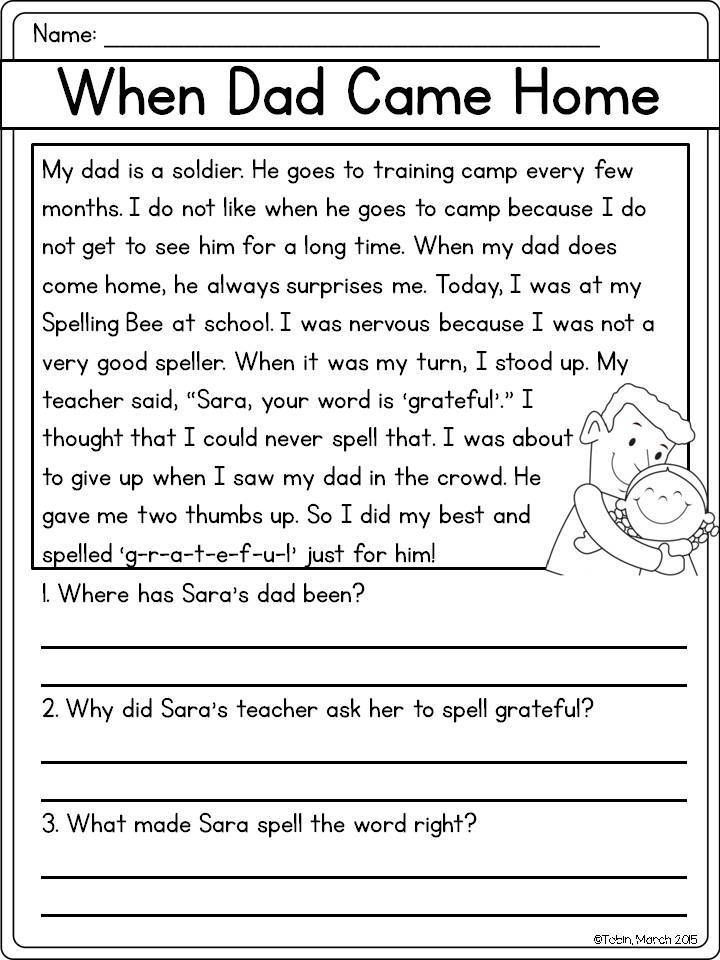 And he was so impressed that he decided not to shelve kind words. Your course is great! This is an exciting bestseller of some kind. It is rare to find products of this quality in the educational market. I hope you are going to publish a book based on the course materials? 😉
And he was so impressed that he decided not to shelve kind words. Your course is great! This is an exciting bestseller of some kind. It is rare to find products of this quality in the educational market. I hope you are going to publish a book based on the course materials? 😉
I myself work with information, so I understand how much work you have put into your method of “reading for practical use”. And also that:
- the course letters are easy to read, like correspondence with a friend;
- every thought, practical tip, book recommendation, illustration, video, etc. is exactly where it should be;
- Your personal history of searching, selecting, mastering tools for practical reading, presented in a casual, without any pathos, but very exciting way, is the best argument in favor of your method.
From the bottom of my heart I wish success to your project 👍
Alexander Skakalkin
researcher of planet Earth, co-founder of synaps Internet marketing agency
For a long time I thought that I was good at structuring and assimilating information.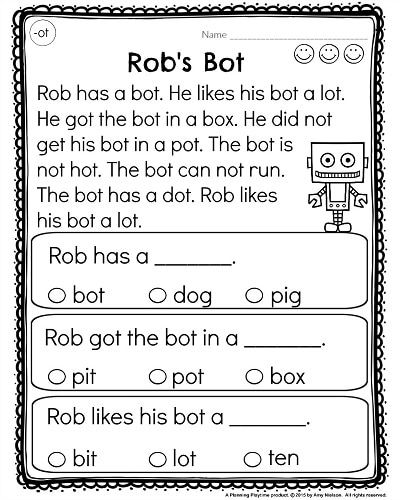 Already after 35 years, I noticed that I “swallow” a lot of books, but I translate almost nothing into practical application. I fill my memory and notes with paragraphs of text, and leave them to get covered in dust, putting another check mark on my reading list. When I met practical tasks in the book, I either skipped them - “I’ll do it sometime later, now I need to finish the book,” or abandoned reading.
Already after 35 years, I noticed that I “swallow” a lot of books, but I translate almost nothing into practical application. I fill my memory and notes with paragraphs of text, and leave them to get covered in dust, putting another check mark on my reading list. When I met practical tasks in the book, I either skipped them - “I’ll do it sometime later, now I need to finish the book,” or abandoned reading.
When I saw the phrase “from reading to results” in Vadim's course description, I realized that this was exactly the bridge I was missing. Acquaintance with Vadim and his course opened up a new world for me, in which people derive practical benefit from every book they read. Building connections between what I read and what my practical experience says is a new approach to reading for me. The very presentation of the material sets one up to explore oneself and the world. Reading opens from a new perspective.
From the first approach, the course did not succumb to me, halfway through I habitually stumbled over the need for practical application of the material and switched to “more relevant tasks”.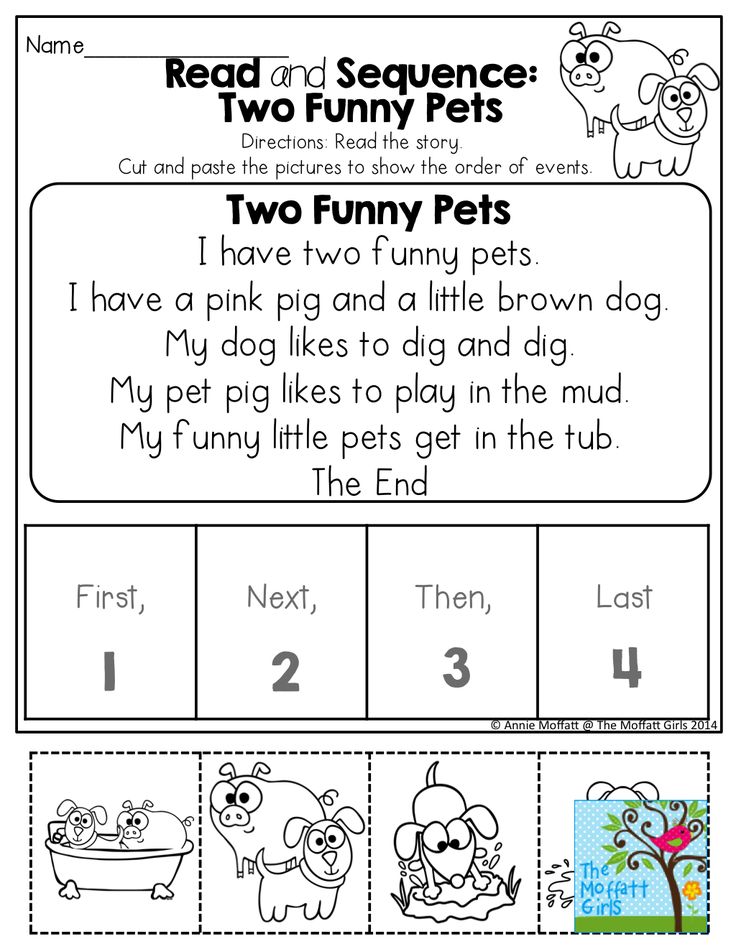 But the seed of the idea remained in my head, which is beginning to sprout. And now I stop chasing the amount of reading, return to the letters of the course, move from reading to the result.
But the seed of the idea remained in my head, which is beginning to sprout. And now I stop chasing the amount of reading, return to the letters of the course, move from reading to the result.
I am very pleased with Vadim's responsiveness, his detailed answers to questions - I rarely see this. I recommend the course to anyone who is thinking about developing the skill of assimilation and practical application of the information received. A significant part of my life is related to education. I train myself, train employees and clients. Vadim's course aroused a strong desire to reconsider his approach to learning as well.
Galina Katenina
exercise therapy doctor (physical rehabilitation), trainer-teacher
Vadim, what and how you do is a powerful motivator for people of my (paper-reading) generation. We are so trained and educated - to understand the issues that interest us thoroughly. I remember my dissertation - materials on the topic were read and cataloged on cards for 20 years; I knew which of my colleagues quoted whom and how much).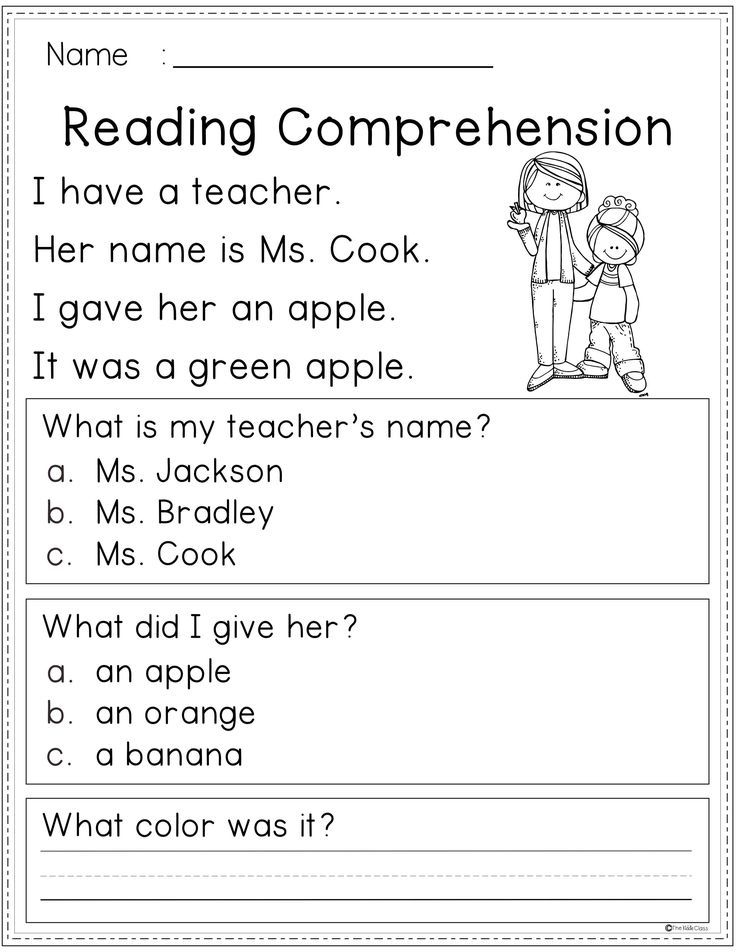
Now it takes a few hours just to look at the news. As a result, reflection, procrastination, someone simply does not want to change and says that the Soviet education was the best and has been using the old baggage of knowledge all his life. There are many, unfortunately. I do not want to learn and be treated by such people. Therefore, I am with you. You are a storehouse of information on the systematization of information flows. Each of your system takes as much as it needs. It also turns out a positive psychotherapeutic effect: when there are tools for working with information, it is no longer so scary to enter any volume of it and not lose the important...
Vadim, I would like to express my gratitude for your valuable and useful recommendations. You are a benchmark for me to work with information.
Irina Gusinskaya
Deputy Editor-in-Chief of the Alpina Publisher publishing house, co-founder of GetPublishED online writing school
Vadim, your lecture turns my mind around.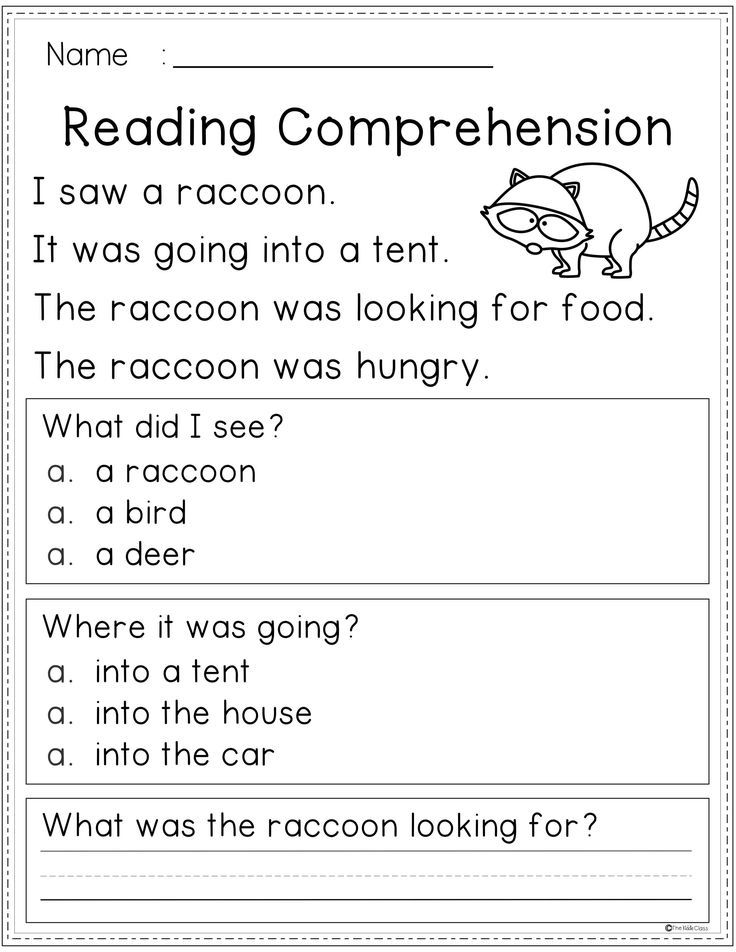
Ekaterina Zakharova
ICF coach, business coach, author of the "FULL YEAR" course
Vadim, your passion for the topic, your immersion and attention to detail capture and infect in the best possible way.
Leonid Tyukhtyaev
writer, aeronaut, flew in a balloon over the Pacific Ocean
Vadim, to say your lesson was “useful” is very weak. Officially inserts!
Sergey Kalinin
psychologist, business consultant, coach, teacher of higher education and MBA programs
The course was excellent. I read all the letters carefully and with interest. To be honest, not all ideas and techniques came to me (and I’m even ready to discuss something with something 😉). But this is not important - there are no courses on "useful reading" of this level and of this quality, and what you have done is very cool!
Lyudmila Shilina
writer, literary editor
I really like to study. And although I have many years, it turns out that I have been studying almost all my life.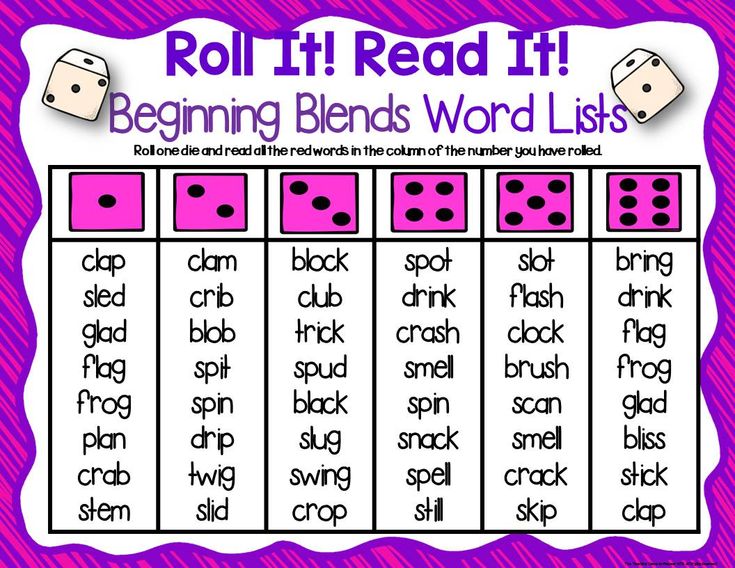 Almost non-stop. What have I just not learned, what courses have I not completed. Not all of them were useful to me, but each new training is undoubtedly a step forward not only in my profession as a writer and editor, but also in human development.
Almost non-stop. What have I just not learned, what courses have I not completed. Not all of them were useful to me, but each new training is undoubtedly a step forward not only in my profession as a writer and editor, but also in human development.
But I never thought that after going through a rather long life, I would learn... to read. And now I'm learning :))) I think that I will then lay out the entire course in the form of a brochure and re-read it again in this form.
And another unexpected discovery: I would apply some mindful reading techniques to learning a foreign language. I already see what exactly fits. It remains only to start doing it :)
Irina Belova
translator and copywriter, studying to become a seo specialist
I read almost as much as I live, and my approach to reading changes periodically. Recently, I wanted to update it due to the desire to read more non-fiction literature. It always seems to me that I don’t learn such books well - I get distracted, I forget, I don’t have time to apply, and then I switch to something else .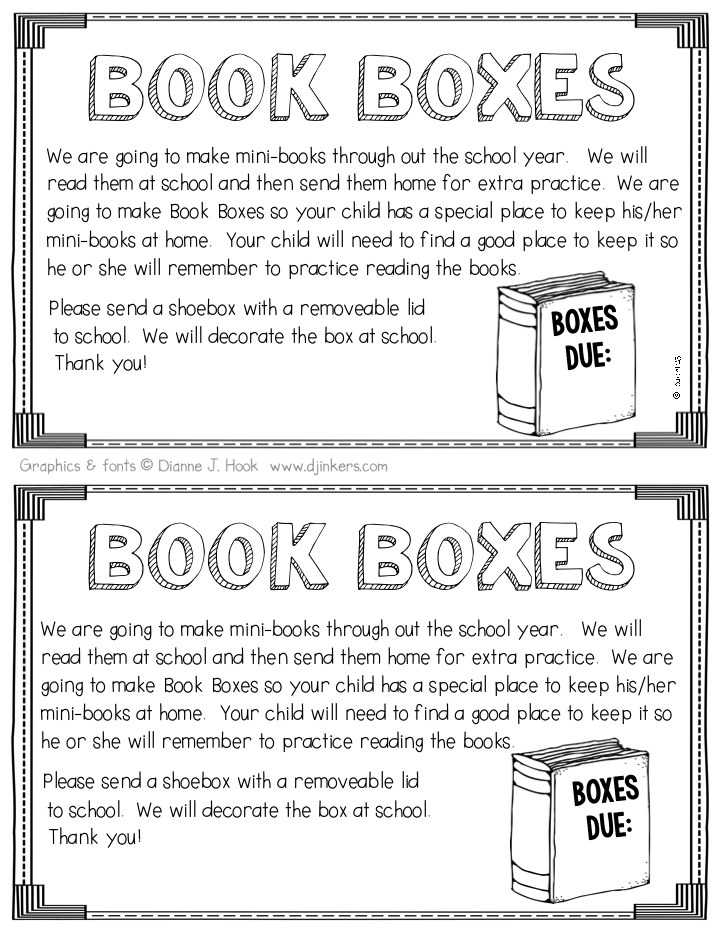 .. Therefore, when I saw an advertisement for the course, I immediately signed up for it. I thought that I would get a couple of useful tools at my disposal, and at the same time I would replenish my reading list.
.. Therefore, when I saw an advertisement for the course, I immediately signed up for it. I thought that I would get a couple of useful tools at my disposal, and at the same time I would replenish my reading list.
Everything was not so simple. In my opinion, this course is not so much about reading as it is about working with information in a broader sense. And after the very first letters it became clear that I would have to radically change my views on this process. In general, the course has become something of a catalyst for changes that can be started during its passage - but it will not work to finish. As if a map is being unfolded in front of you, but it is so huge that you can only see the beginning of your route, and its continuation and hypothetical end are no longer visible to you.
What changes am I talking about?
First, about a more conscious approach to the choice of books. If earlier I was ready to dive into any topic that interested me, now I began to select books more carefully, with an eye on their practical application.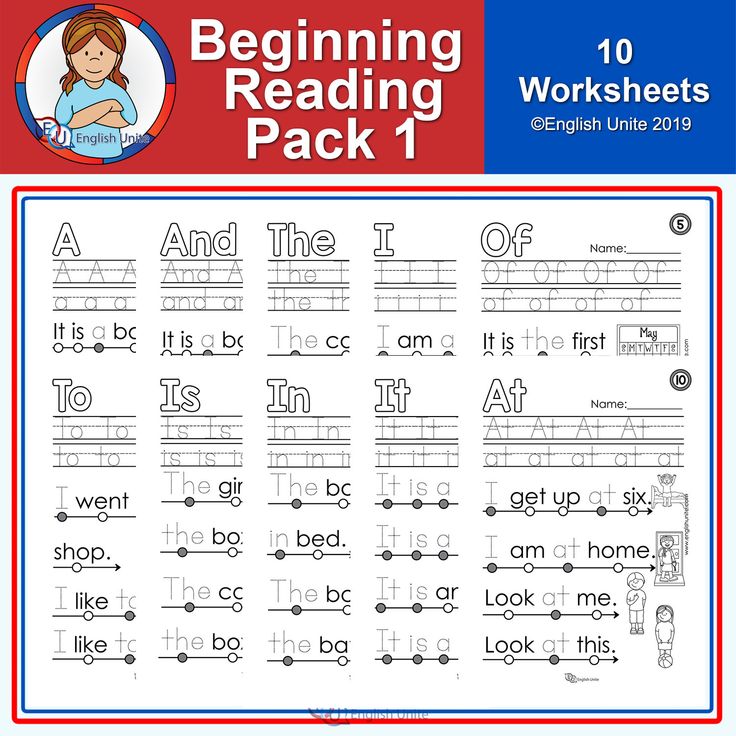 Thanks to Vadim, I began to go from formulating problems to finding information to solve them, and not vice versa.
Thanks to Vadim, I began to go from formulating problems to finding information to solve them, and not vice versa.
Secondly, I began to understand the benefits of slow reading. It’s not that I didn’t think about it before, I just somehow didn’t really believe that when reading, the author’s thoughts are not as important as my own ideas that this reading stimulates. And that they must be fixed.
Thirdly, there is some kind of turn towards “systematicity” in me:
- I began to allocate special time for reading (and working through) non-fiction books - little by little, but regularly (I believe in favor of "small steps ”),
- instead of perceiving the book as a separate source of information, I am looking for how this information can be related to what I have read / heard / seen before,
- when I want to apply what any idea, I try to attach it to an already existing and well-established process in order to get used to it faster and maybe get some kind of synergistic effect,
- from the consistent accumulation of information in files and folders on my computer, I moved to the organization of cloud storage with a tagging system and wide functionality.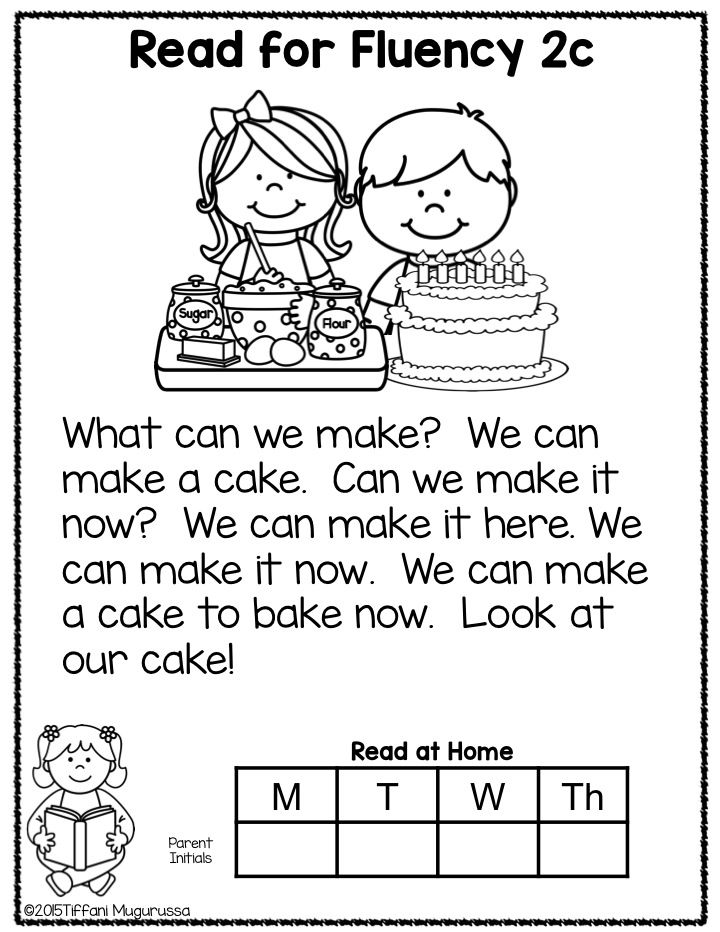
This is not an exhaustive list, I have written only what I already put into practice. Many of the thoughts generated by the course are still roaming in my head, and I still cannot formulate them properly.
And the most interesting thing is that each of the participants of the course learned something of their own from it, because all the tasks are structured so that the answers to the questions that arise come from within. There are no rules in the Course, only examples that everyone can interpret differently. And the only thing I regretted while taking the course was that there was no opportunity to interact with my fellow students, all the work went one-on-one with its author.
Natalia Kulagina
English and German tour guide in Saint-Petersburg, Russia
I really liked the format of the course. Asynchronous is ideally suited to the tasks set - to immerse participants in a state of conscious and deep understanding of the process of working with the book .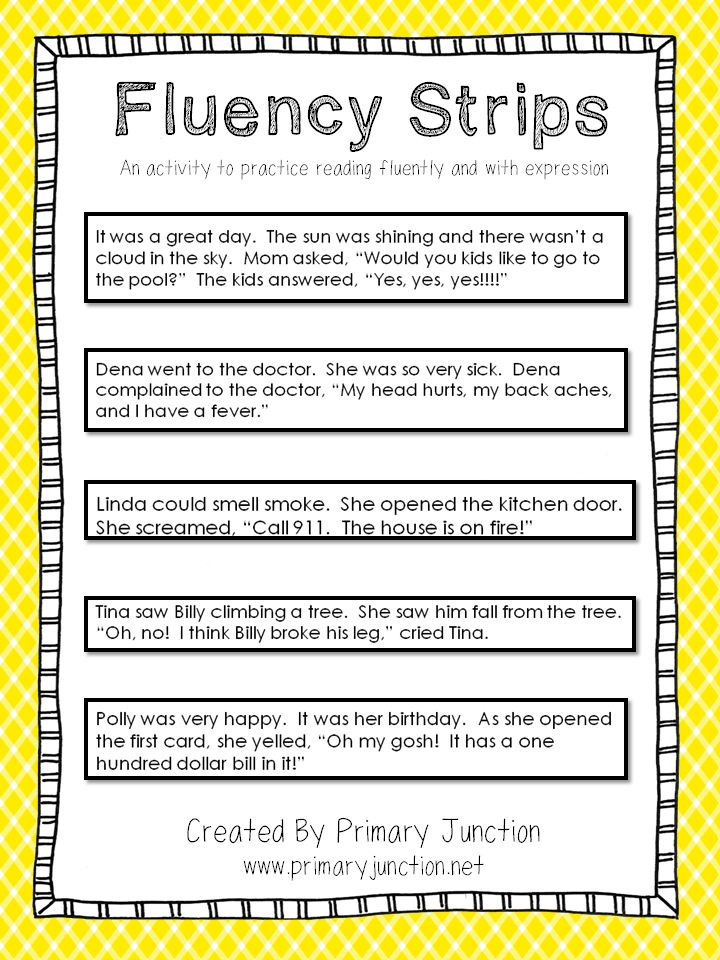 In the same logic, the design of the components of the course - the so-called "steps" - was decided. This is a mailing list consisting of 4 main letters dedicated to each step, and bonus letters.
In the same logic, the design of the components of the course - the so-called "steps" - was decided. This is a mailing list consisting of 4 main letters dedicated to each step, and bonus letters.
What is inside the main letters?
One of Vadim's coolest "tricks" is that he is talented in mixing different perception channels . His texts are read, looked at and listened to, and from this information is perceived and assimilated easily and cheerfully. There are great photos that you “hang over”. I noticed that looking at these photos, you enter a state in which you open up to new knowledge. Very meditative.
There are slides for download. This can be text or a mind-map on the subject of the email. I made a folder with a set of such slides for each Step. It is very convenient to view them, applying in practice the model of the spiral of the educational process.
Another has references .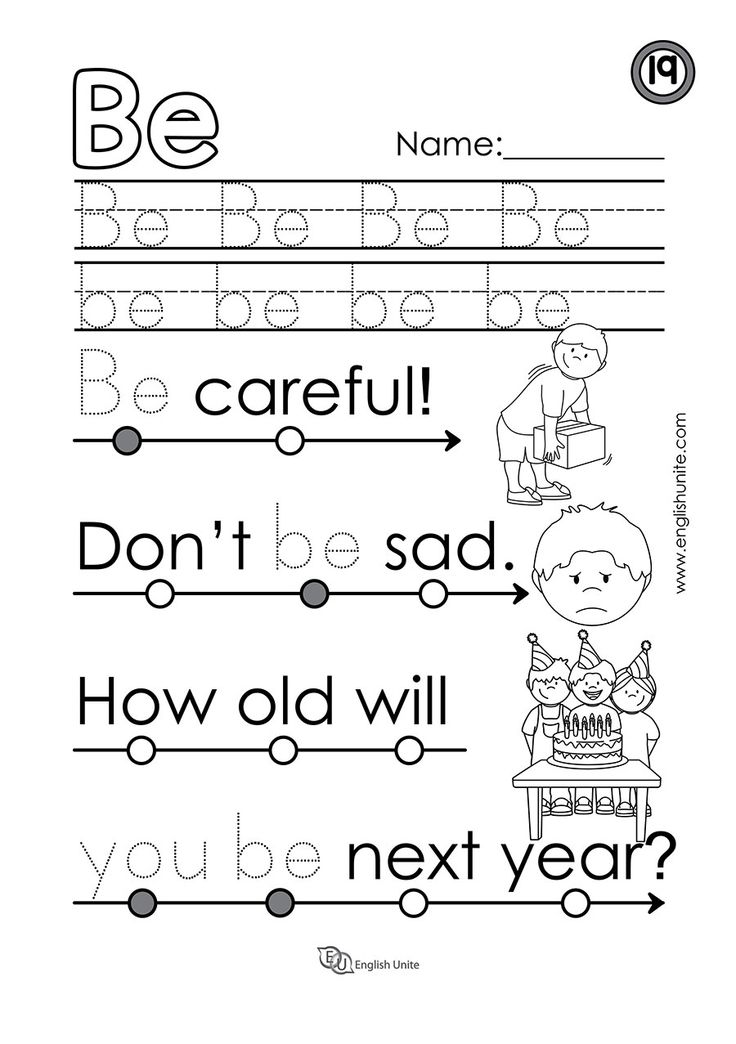 You follow them and listen to Vadim, looking at presentation slides on YouTube. There is music in these videos, it also helps perception, setting it up more subtly and creating the right semantic accents. And some links lead you to the wonderful books that Vadim cites, and your library is replenished with new opportunities to apply the course tools in practice))
You follow them and listen to Vadim, looking at presentation slides on YouTube. There is music in these videos, it also helps perception, setting it up more subtly and creating the right semantic accents. And some links lead you to the wonderful books that Vadim cites, and your library is replenished with new opportunities to apply the course tools in practice))
A couple of words about navigating through the text . A clear and strict structure of the text in the letter is very convenient. The text itself is divided into portions. As much as it is convenient to "bite off" at a time (bite-size). After each "piece" there is a white space. It's like an invitation to stop and think about what you've read, perhaps to write down fresh thoughts. It's like vertical tildes in the texts of E. Tolle. Such a kind of "road markings".
Clear language, thoughtful choice of words . The sentence structure is also very well thought out. The text is very easy to read, which makes reading enjoyable and fun. Skillful play with fonts - size, style, color.
Skillful play with fonts - size, style, color.
As a result, the text space acquires a certain breath, a rhythm, where the active phase of directing attention outward is replaced by a phase of concentration within oneself and processing the acquired knowledge. At the same time, the process of working with text turns into an exciting quest. You are interested until the very end. Such childish curiosity: what else is there?))
High-quality information product, which uses the most modern means of information transfer. Talented product packaging: ergonomic design where even a white background works . High-quality information product in a talented package.
What I'm leaving with:
- revised my attitude to the pomodoro technique, now I use it all the time,
- mastered a new freewriting tool for me,
- discovered the book "Inner Storyteller", this box of precious insights,
- I note important internal changes and I want to say a few words about these changes.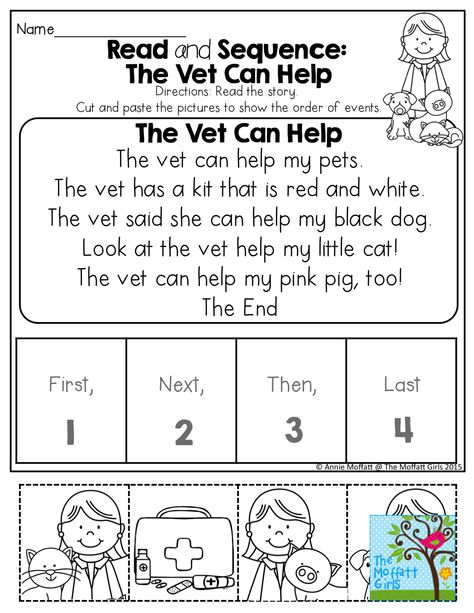
First of all, the concentration of attention has increased. It became easier to hold attention for a long time while reading. It's amazing how much more I remember from what I read. As soon as I began to practice freewriting, it was as if some kind of blockage was cleared inside. I felt a powerful influx of creative energy! It became easier to write. She translated from English a meditation that had been waiting in the wings for 3 (!) years. The way I read has changed. As in the Japanese martial art of iaijutsu, the stage of direct interaction with the book is now preceded by the stage of deep attunement to it.
I notice that I see books differently now. There is an extra dimension to the picture. Not only the color, size and shape of the book, but also what you will become when you read it. Amazing alchemical process. And it's absolutely amazing that completing the course tasks, I felt such a surge of physical energy that I resumed regular training in the pool!))
The course exceeded all expectations! Thank you so much for the inspiration!
Pavel Podgaisky
programmer-analyst at LLC "CITIMOTORS"
Eh, I can't run, I'm short of breath and my knees hurt.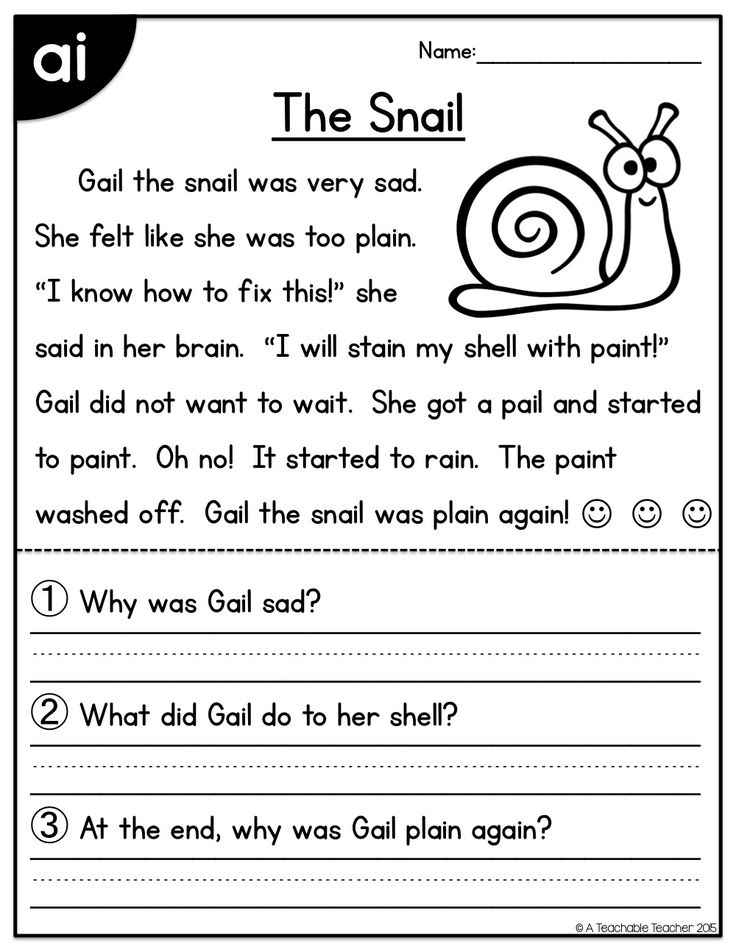
So what?
Well, I wanted to run to lose weight and to strengthen my heart.
So what?
I signed up for a 5 km marathon, but everyone is running ahead, my heart is pounding in an attempt to catch up, and somehow running is not quite healthy.
So what?
So, it starts to dawn that for health you need to run "for yourself", watching your pulse.
So what?
Well, I bought a heart rate monitor and sometimes I go out for runs.
So what?
I started to help, but I rarely go out, this is not enough. And then there's this virus... I really don't want to lean out to people once again.
So what?
Well, I started to read at what heart rate and under what actions fat burns better, it turns out, 50-70% of the maximum allowable heart rate.
So what?
And the fact that my heart rate rises even from fast walking, it turns out, I don’t even need to run, so far I’m getting overwork from running, and not losing weight.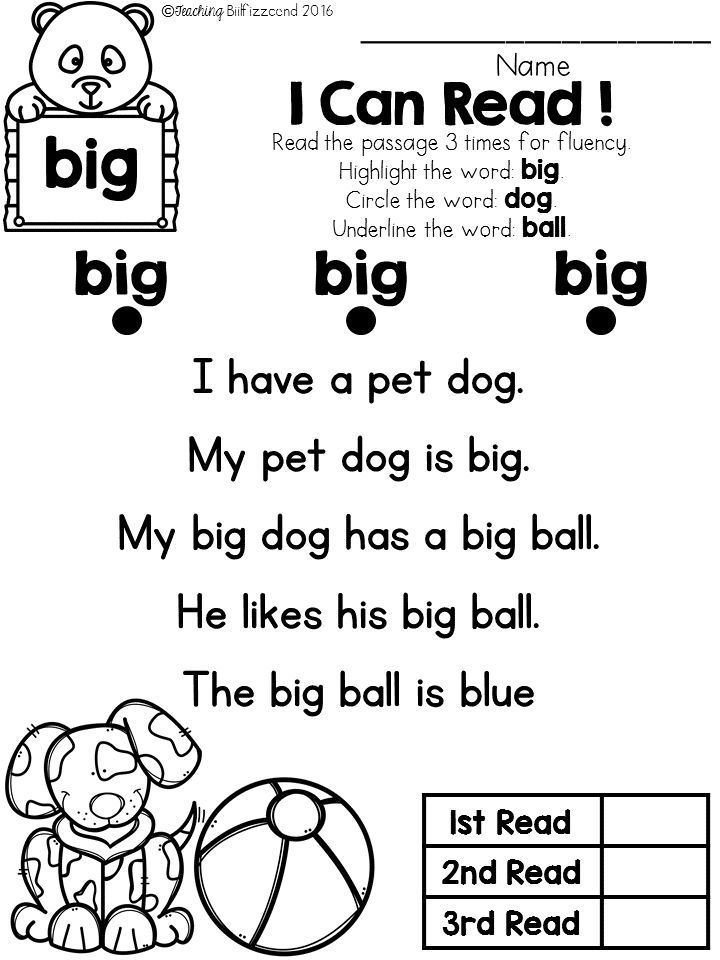
So what?
After this knowledge, running "fell off altogether", which is bad, but I began to look for reasons to walk more and bought a fitness watch, which shows more accurate steps per day than a bracelet.
So what?
Still, just walking is not enough, you need to inspire yourself to run at least with a little regularity, at least jogging, at least once a week.
So what?
I bought several books about health running, I also heard that Murakami wrote a good book about running.
So what?
Good books, I read one, started one, but it’s all mechanics, recommendations, advice, but Murakami started reading, and I kind of believe him, he’s already at the age of an uncle, and he writes some similar experiences...
So what?
There is no inspiration, no system, at the slightest mood swings or external situations everything “falls off”, you need to somehow collect it all “to the heap” in order to introduce it into life, “get used to it”)
And what?
It's time to admit that I can't do it myself, and when some things didn't work out, I saw that people manage to cope on the Internet and then start making money on it.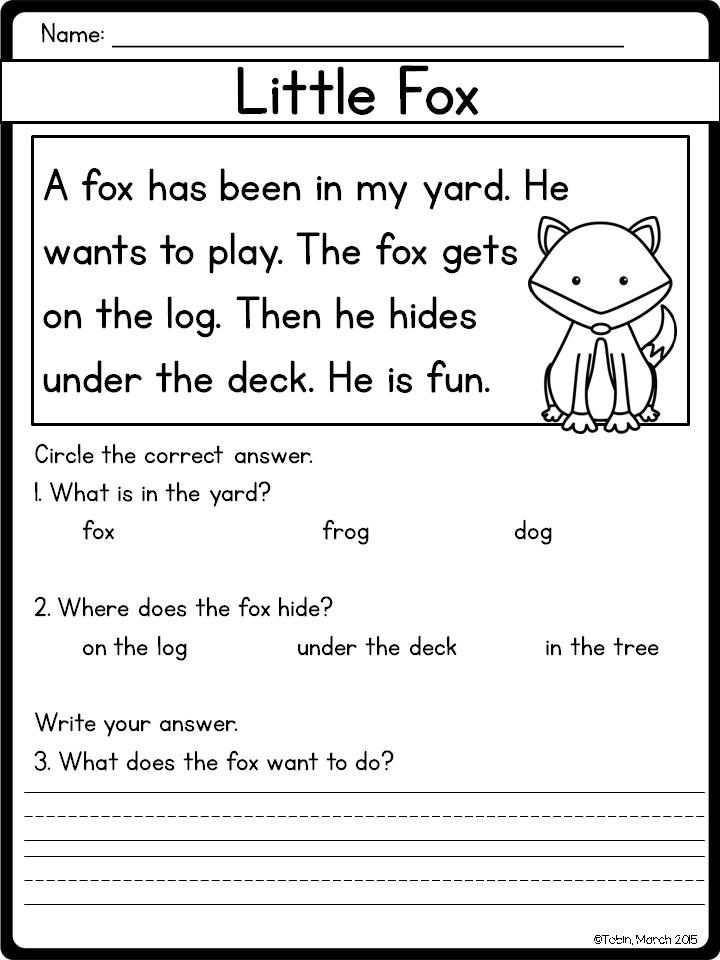 But you don’t need a coach to walk and jog, it’s more like an inner understanding, inspiration and habit is needed ... And I already understand the need, and I bought smart books, so not only with myself, I can’t cope with books ...
But you don’t need a coach to walk and jog, it’s more like an inner understanding, inspiration and habit is needed ... And I already understand the need, and I bought smart books, so not only with myself, I can’t cope with books ...
So what?
And here Vadim Bugaev offers to work out his reading system for an "anti-freeloading" symbolic price.
So what?
I understand that there is no time and energy, but I have to take it, because after the first stream, he will receive feedback, make a portfolio, launch advertising, and then the price will be different, and my time will be lost ... And if I work with Murakami, then, it looks like something will happen.
So what?
Signed up, what! )
Online broadcast of the III Scientific and Practical Laboratory "Learning reading: formats and practices"
Program III Scientific and Practical Laboratory “Studying Reading: Formats and Practice”
Poll
Plenary meeting of the III Scientific and Practical Laboratory “Studying Reading: Formats and Practice” March 22, 2022
9000 Broadcast starts at 10.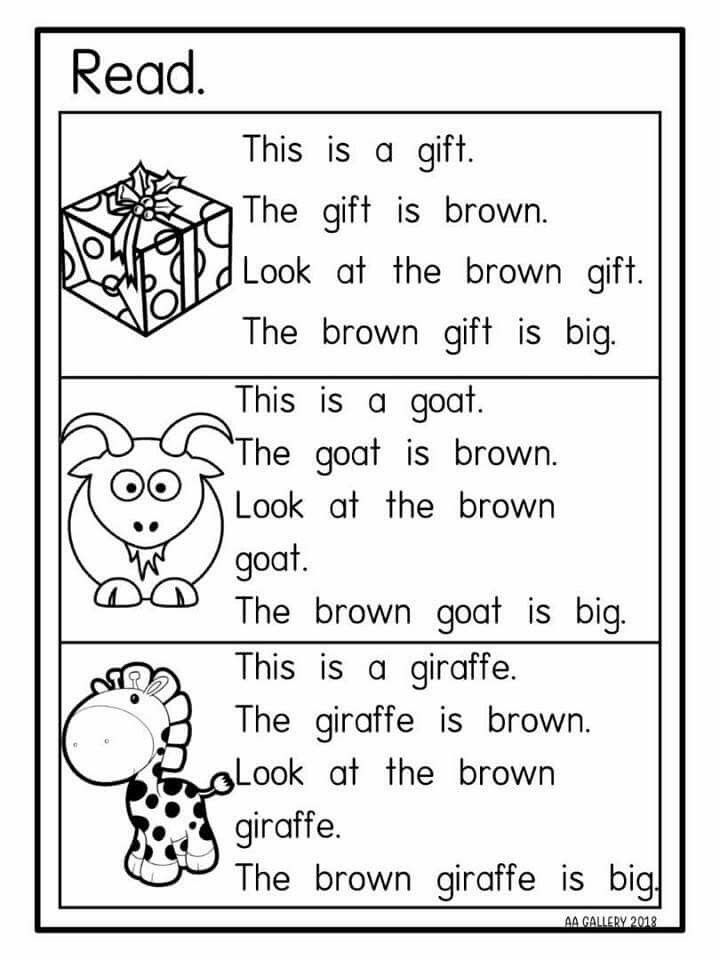 30
30
Plenary presentations
0002
Plenary session III Scientific and Practical Laboratory “Studying Reading: Formats and Practice” March 23, 2022
The beginning of a broadcast at 10.30 9000 9000
The beginning of the broadcast at 12.00
Section 1 “Readers preferences of children and youth” March 23, 2022
9000 The beginning Video presentations of the 1st section Classics as discovery: some aspects of the promotion of classical literary works among children and adolescents Rogozhina Lyudmila Dmitrievna - chief librarian of the branch of the Library No. 18 MBUK g.o. Samara "Samara Municipal Information and Blitting System", Candidate of Pedagogical Sciences
https://vk.com/video-35252357_456239419
Section 2 "Study of reading and library auto March 23, 2022
Broadcast starts at 15.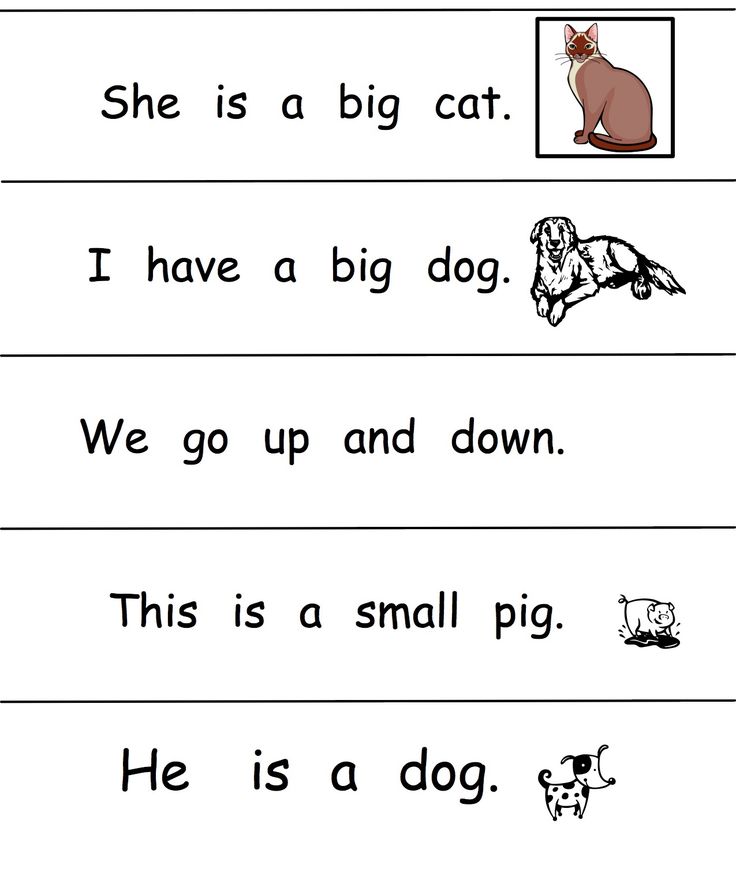 00
00
Video 2 sections 2 sections
Study of reader needs for the Komi-Permyan literature: the results of the survey
Moiseeva I Nadezhda Ivanovna-methodologist of the GKBUK category Komi-Permyatskaya Central National Library named after M. P. Likhachev" Kudymkar, Perm Territory
https://vk.com/video-35252357_456239418
Reading circle of a modern library user
ECC Antonina Fedorovna-Head of the Information and Analytical Department of the Central Library System of the Nakhodkinsky city district, Primorsky Territory
9000 9000
Station reports
9000 9000Research activities of children's libraries of the Development of the Vodor Damens interest in reading children
Bogomazova Ekaterina Alexandrovna - scientific and methodological department of the Chelyabinsk Regional Children's Library. V. Mayakovsky
Comprehensive express analysis “Library card”
Novruzova Larisa Nikolaevna – head. service MBUK "Centralized system of children's libraries in Khabarovsk" Central City Children's Library.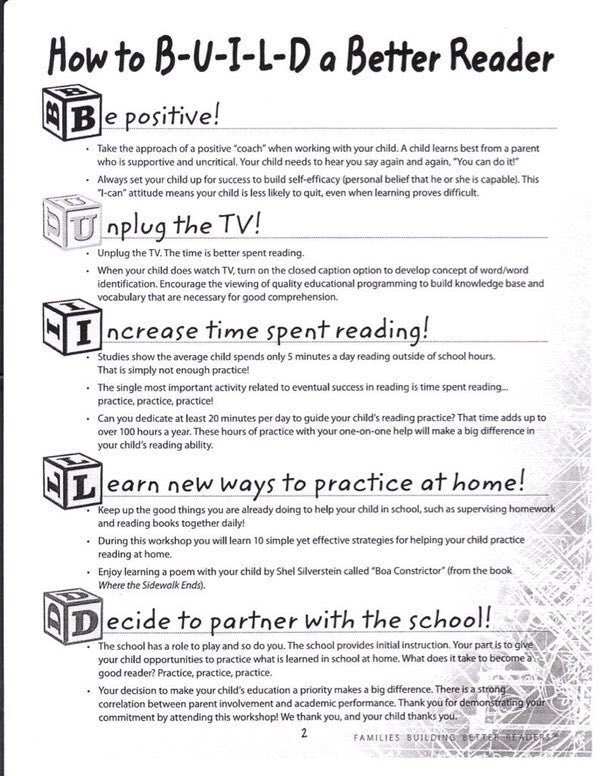 A. Gaidar
A. Gaidar
Moscow outdoor concert venue "Our immortal gift - speech"
Rumanov Viktor Nikolaevich - teacher of additional education, SBEI "School No. 9"50 ", Moscow
The Mom reads me"
Ivanova Ivanova Aleksandrovna- teacher-librarian MBOU secondary school No. 90 with an in-depth study of objects of the artistic cycle, Novosibirsk
https://vk.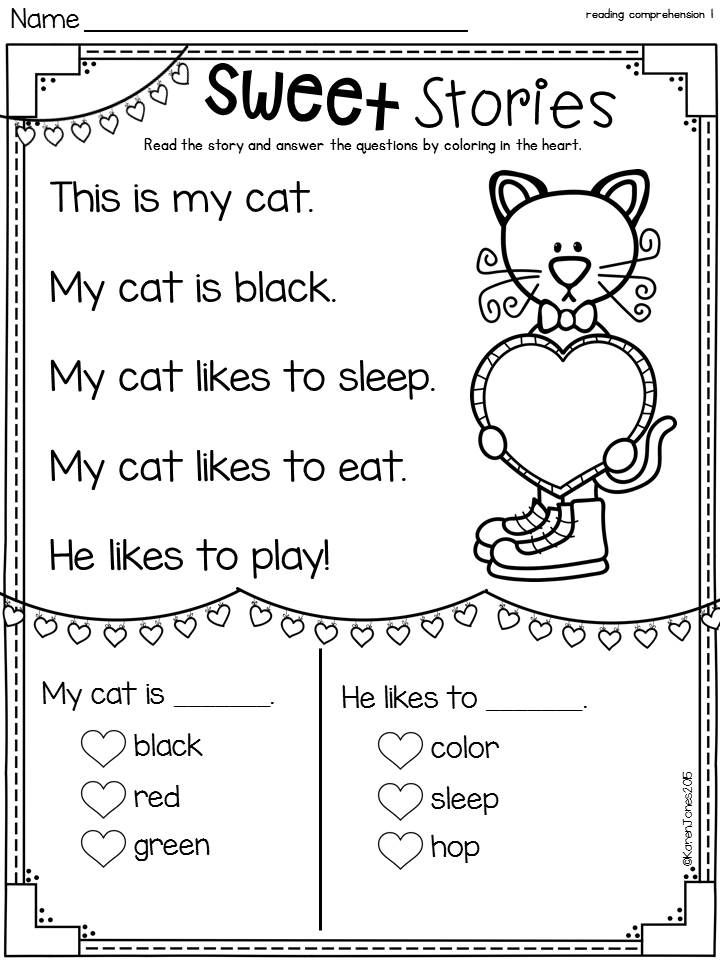 com/video-35252357_456239413
com/video-35252357_456239413
Implementation of productive reading technology at literature lessons , Vologda region
Literary local history is an important part of working with remote users-children (based on materials from online projects of the Department of Literary Studies and Arts of the Saratov Regional Library for Children and Youth named after A.S. Pushkin Anna Anna
Yuryevna is the chief librarian of the Saratov Regional Library for Children and Youth. A.S. Pushkin
Genre selection in children's literature
Zarkh Maria Sergeevna - 4th year student of the State Institute of the Russian Language.